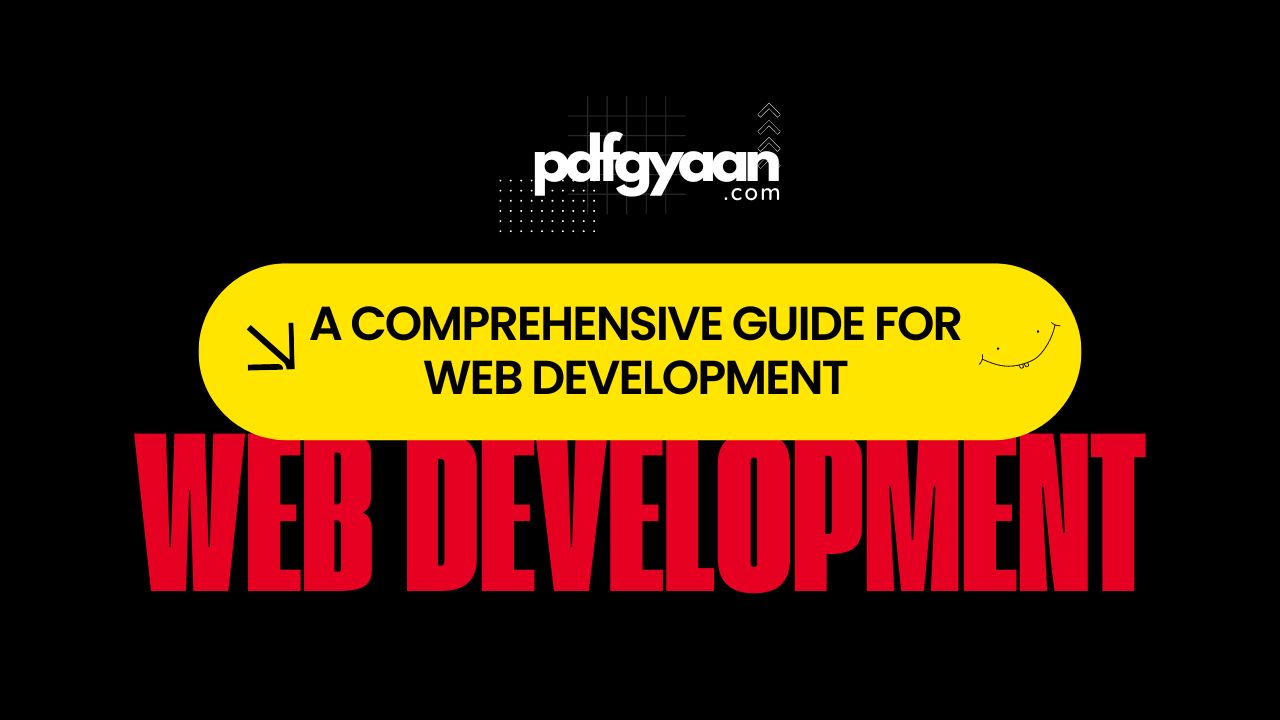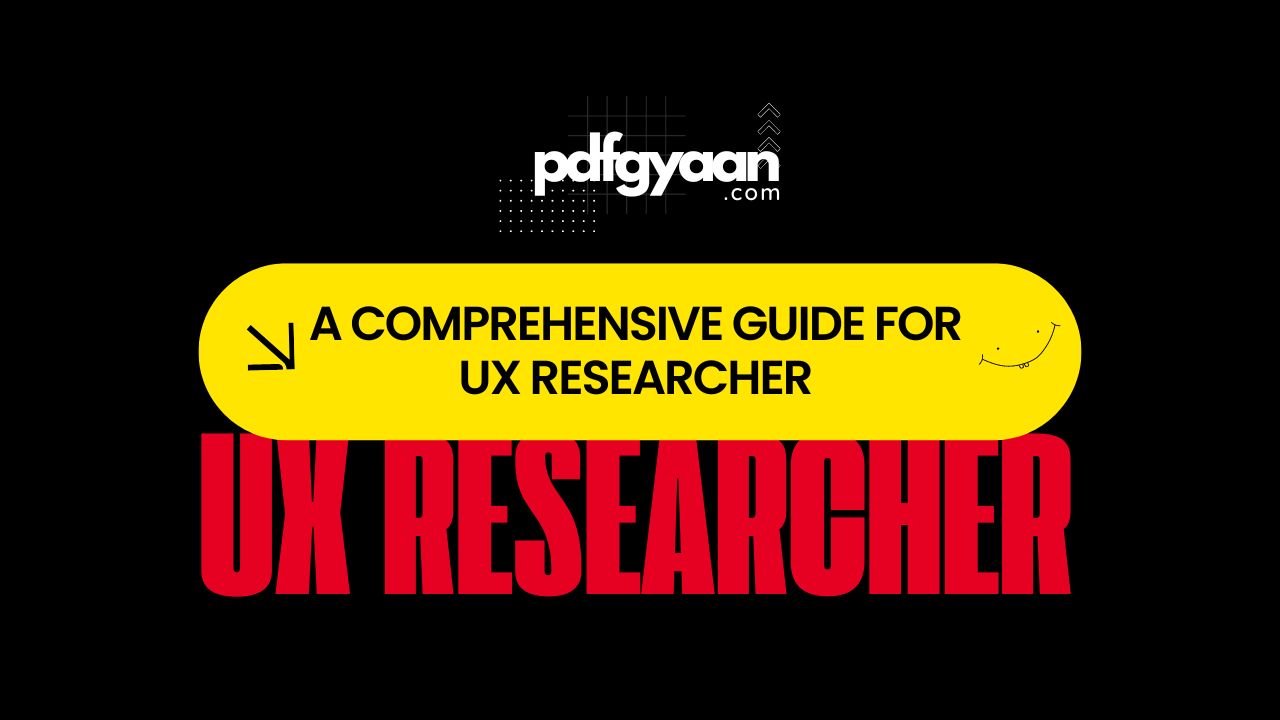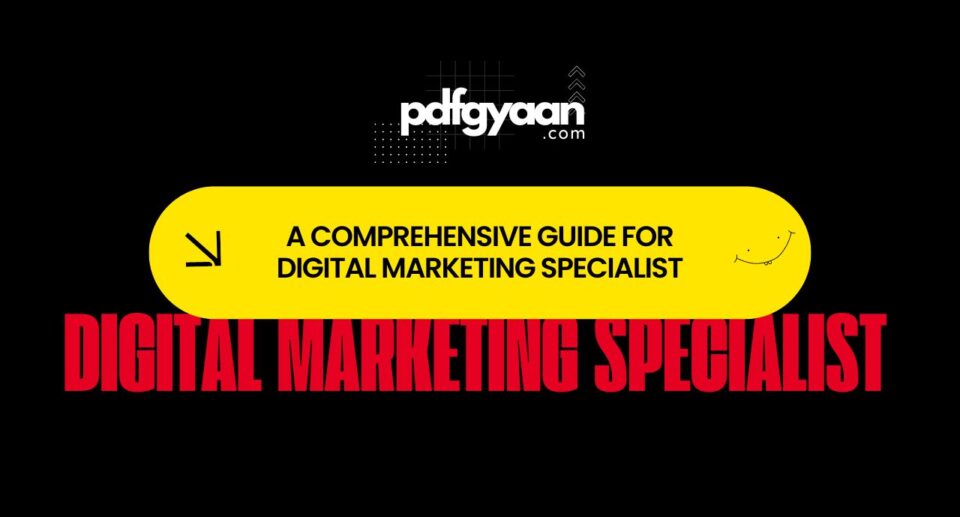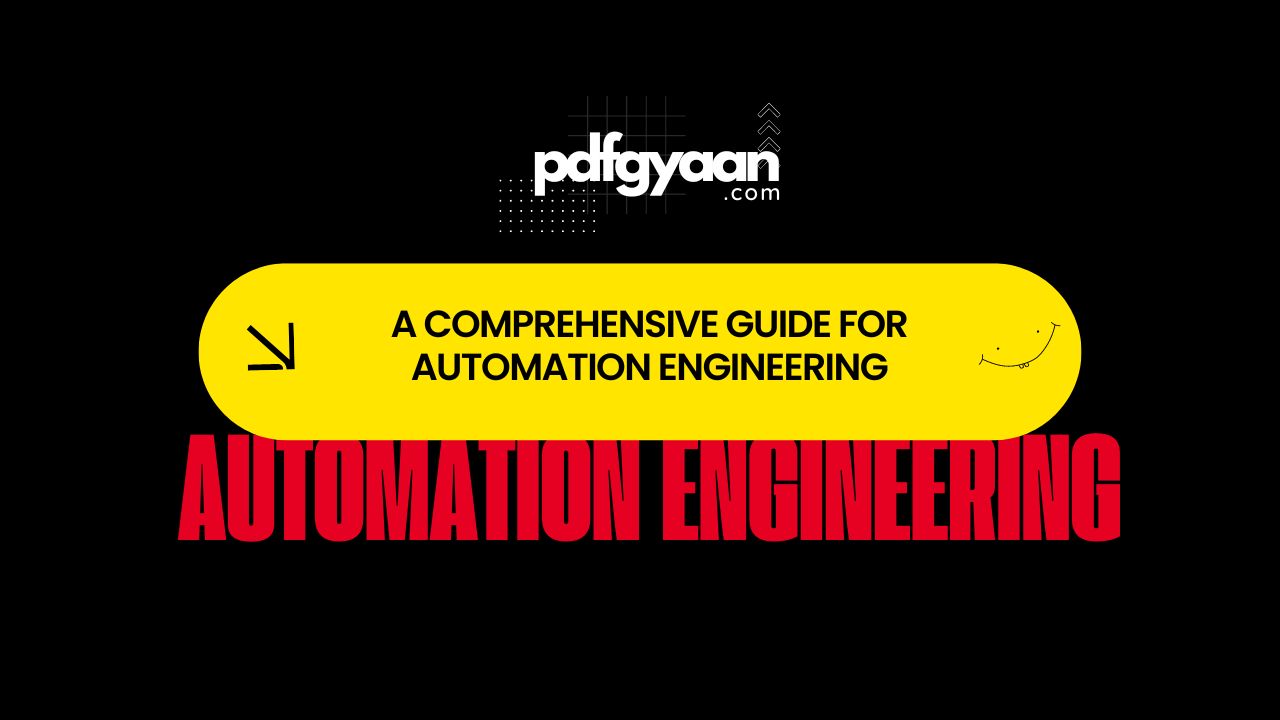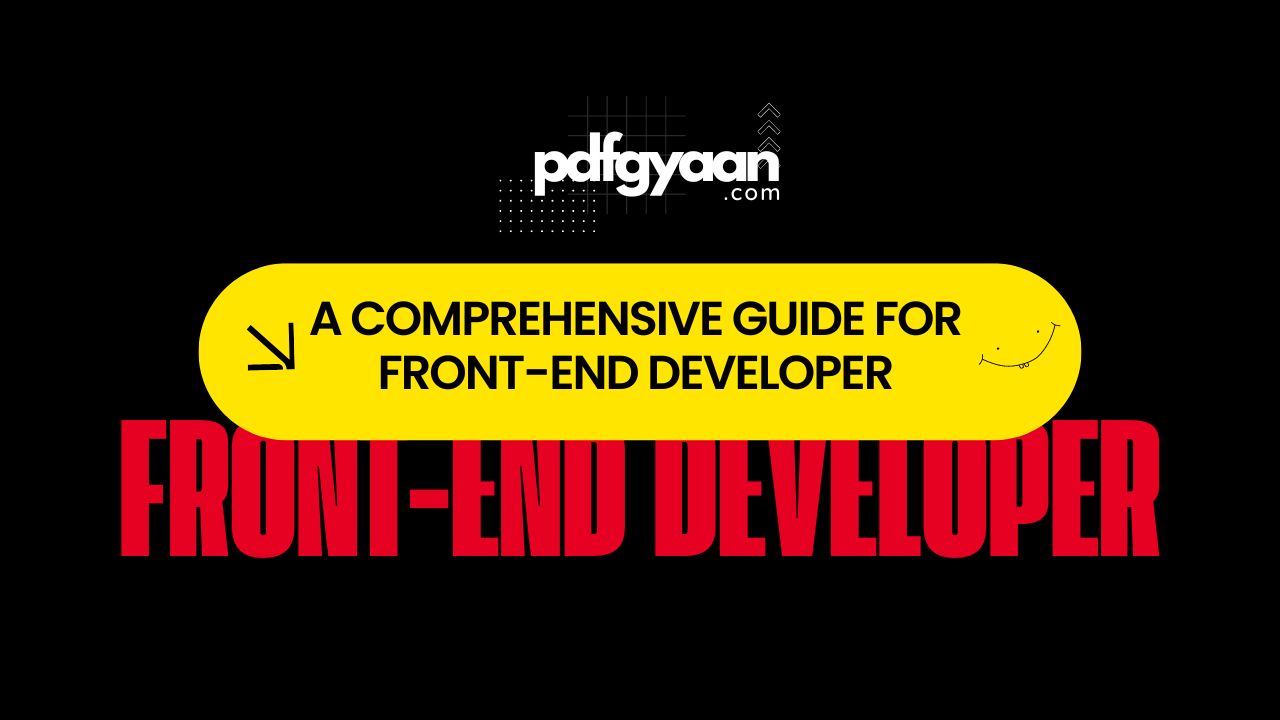ERP Development Building Integrated Solutions for Business Efficiency
PDF Gyaan
- August 25, 2024
- 6 Min Read
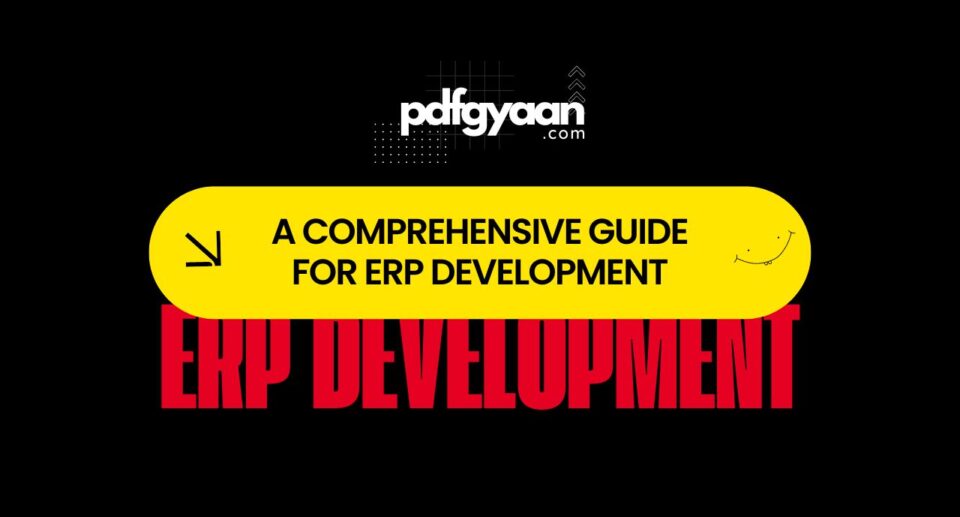
Table of Contents
ToggleERP Development
ERP Development Mastery is your comprehensive guide to designing, developing, and implementing Enterprise Resource Planning (ERP) systems that drive business efficiency. Whether you’re a developer, IT professional, or business analyst, this eBook covers the essential principles and advanced techniques needed to create robust, scalable ERP solutions.
Explore topics such as system architecture, module integration, customization, data migration, and user interface design. With practical examples, expert advice, and best practices, this guide will equip you with the skills to develop ERP systems that streamline operations, improve productivity, and meet the unique needs of any organization.
INDEX:-
What’s an ERP Development ?
- Why Should You Care About Becoming?
- How to Get Started?
- Free Courses?
- Must-Have Software?
- What Can You Earn?
- How to Land a Job?
- Conclusion
Introduction: What’s ERP Development?
ERP (Enterprise Resource Planning) Development involves designing and implementing comprehensive software solutions that help businesses manage and integrate their core functions. Think of ERP systems as the central nervous system of a company, connecting various departments like finance, human resources, supply chain, and sales into a unified platform. As an ERP developer, you build and customize these systems to ensure that they work seamlessly and efficiently across different business processes. If you’ve ever used an integrated software platform at work to manage everything from inventory to payroll, you’ve interacted with the results of ERP development.
Why Should You Care About Becoming an ERP Developer?
Why dive into ERP development? Because it’s a critical field for businesses of all sizes, offering a unique blend of technical challenge and business impact. ERP systems are essential for streamlining operations, improving data accuracy, and making strategic decisions based on real-time insights. As an ERP developer, you’re not just coding; you’re creating solutions that transform how organizations operate. With the growing complexity of business operations and the need for integrated systems, your skills will be in high demand across various industries.
How to Get Started as an ERP Developer
Ready to build the backbone of business operations? Here’s how to get started:
Understand ERP Systems: Start by learning the basics of ERP systems. Understand how they integrate different business processes and the various modules they include, such as finance, HR, and supply chain management.
Learn ERP Platforms and Technologies: Familiarize yourself with popular ERP platforms like SAP, Oracle ERP, Microsoft Dynamics 365, and Odoo. Each has its own development environment and programming languages, so choose a platform that aligns with your interests and career goals.
Study Business Processes: To develop effective ERP solutions, you need to understand business processes and requirements. Study how different departments operate and how an ERP system can streamline their functions.
Get Hands-On with ERP Development Tools: Learn to use ERP development tools and environments specific to your chosen platform. For example, if you’re working with SAP, you’ll need to become proficient in ABAP (Advanced Business Application Programming).
Work on Customization and Integration: ERP systems often need customization to fit a company’s specific needs. Learn how to customize ERP modules and integrate them with other systems and databases.
Free ERP Development Courses
- SAP HANA Academy
- Oracle Learning
- Microsoft Learn
Must-Have Software for ERP Developers
Here’s your toolkit for ERP development:
- ERP Platforms: Depending on your focus, tools like SAP ERP, Oracle ERP Cloud, Microsoft Dynamics 365, and Odoo are essential for developing and customizing ERP systems.
- Development Environments: For SAP, use SAP NetWeaver or ABAP Workbench. For Oracle, use Oracle Developer Suite. For Dynamics 365, use Visual Studio and X++.
- Integration Tools: Learn to use integration tools like Dell Boomi, MuleSoft, or Microsoft Power Automate to connect ERP systems with other applications and data sources.
- Database Management Systems: Familiarize yourself with databases like SQL Server, Oracle Database, or MySQL, which are crucial for managing the data that ERP systems rely on.
ERP Developer Salaries: What Can You Earn?
- Entry-Level: Salaries typically start around $60k to $80k per year, depending on your location and the complexity of the projects you work on.
- Mid-Level: With a few years of experience, you can expect to earn between $80k and $110k annually.
- Senior-Level: Experienced ERP developers, especially those with expertise in high-demand platforms like SAP or Oracle, can make $110k to $150k+ per year.
How to Land a Job as an ERP Developer
Build a Strong Portfolio: Showcase your best ERP projects in a portfolio. Include examples of ERP implementations, customizations, and integrations you’ve worked on. Highlight the impact of your work, such as improved efficiency or streamlined processes.
Create Personal Projects: If you’re just starting, work on personal projects to build your portfolio. Develop a prototype ERP system or customize an open-source ERP platform like Odoo to demonstrate your skills.
Network in the ERP Community: Join communities and forums focused on ERP development, such as LinkedIn groups, Reddit communities, or industry-specific forums. Connect with other developers, share your work, and learn from others.
Stay Updated on ERP Trends: The ERP landscape is continually evolving. Stay informed about the latest trends, tools, and best practices by following industry blogs, attending conferences, and participating in webinars.
Apply for ERP Development Roles: Tailor your resume and portfolio to highlight your ERP development skills. Look for roles in companies that use ERP systems, consulting firms, or ERP vendors where your expertise can make an impact.
Build the Systems that Power Businesses!
Becoming an ERP developer means you’re at the heart of business transformation. Whether you’re designing a new ERP system, customizing existing solutions, or integrating different modules, your work will help companies operate more efficiently and make informed decisions.
With the right skills, tools, and a strong portfolio, you can turn your passion for ERP development into a rewarding career. So, grab your development tools, dive into the world of ERP, and start building the systems that will power the businesses of tomorrow. Efficiency and integration are in your hands!
Feel free to download this Topic
- Format: PDF
- Size: 4.89 MB
- Author: PDFGyaan Team
If you are looking for PDF resources on ERP Development then you’re in luck. Download Now and start your journey as a ERP Development
TOPICS:-
- ERP Development
- Enterprise Resource Planning
- System Architecture
- Module Integration
- Customization
- Data Migration
- Business Efficiency
- Scalable Solutions
- ERP Implementation
- Software Development
- Process Automation
- ERP Best Practices
- Business Management Software
- ERP Customization
- Integrated Business Solutions

